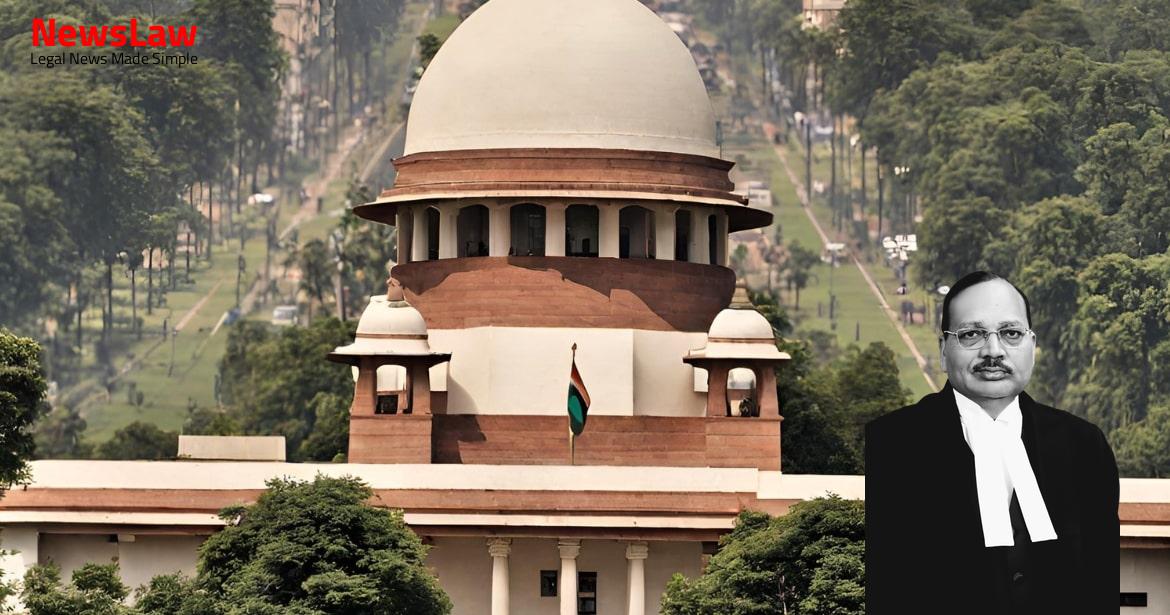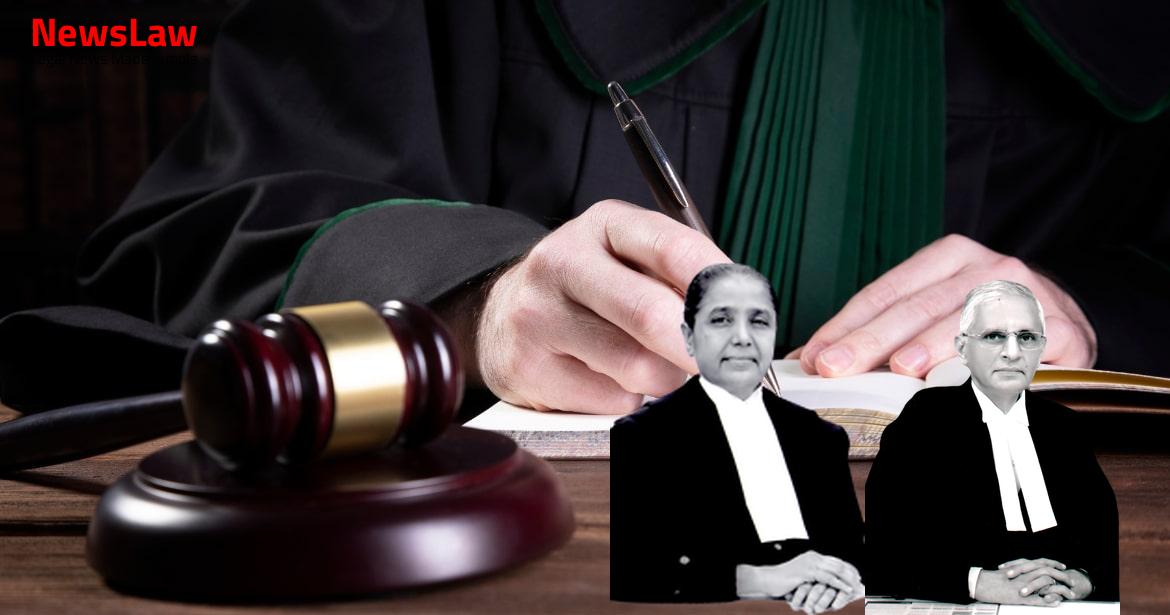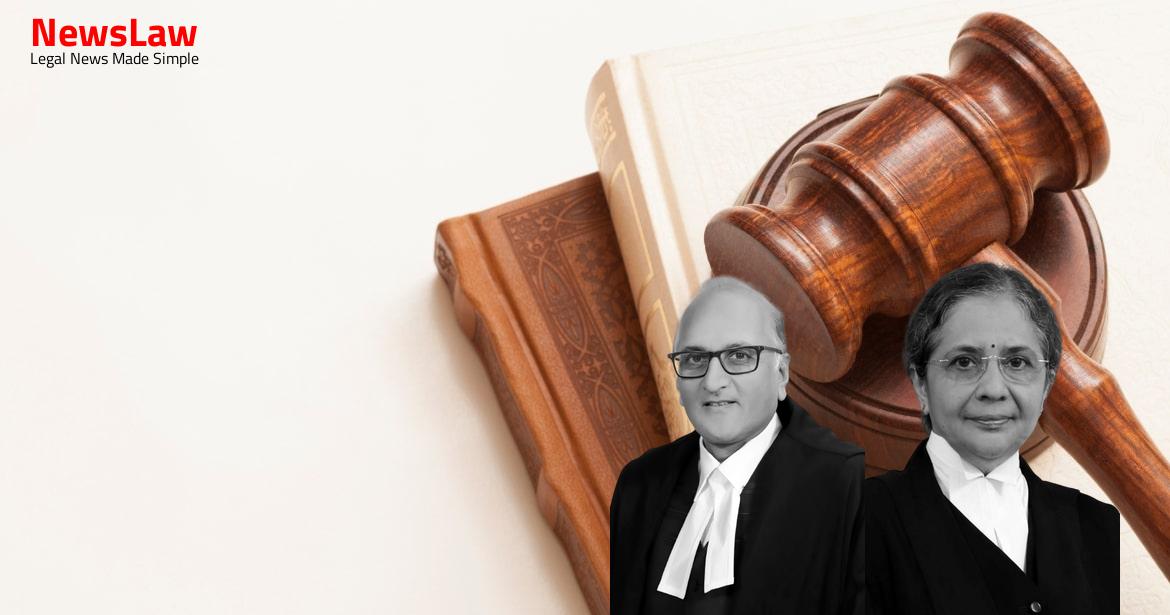In a landmark judgment by the Supreme Court of India, ARG Respondent has been found guilty of unlawfully using its network to exclude other market players. This behavior was deemed anticompetitive and a violation of competition laws. The judgment serves as a crucial reminder of the significance of fair competition and the prevention of market exclusivity. Stay informed about the implications of this ruling in promoting a competitive market environment.
Arguments
- ARG_RESPONDENT was found to have unlawfully used its network to exclude other market players
- This behavior was deemed anticompetitive and a violation of competition laws
- ARG_RESPONDENT must cease this exclusionary behavior and allow fair competition in the market
Also Read: Land-Grabbing Conspiracy Case: Supreme Court’s Landmark Judgment
Analysis
- Uber pays drivers/car owners attached on its network unreasonably high incentives over and above the trip fare received from the passengers.
- The data for one fleet owner shows a net loss of Rs. 204 per trip, indicating Uber’s significant financial burden due to incentives.
- Uber’s incentives seem strategically aimed at eliminating competition in the market rather than sustainable business practices.
- The statement reveals a prima facie case of potential infringement of Section 4 of the Competition Act, 2002, pertaining to abuse of dominant position.
- Section 4(1) outlines the criteria for an abuse of dominant position by an enterprise or group.
- The abuse of dominant position can occur through imposing unfair conditions in the purchase or sale of goods or services, including discriminatory pricing.
- The abuse can also happen through limiting production, technical development, or market access, as well as making contract conclusions subject to irrelevant supplementary obligations.
- Using dominant position in one market to enter or protect another market is also considered an abuse.
- Definition of ‘dominant position’ and ‘predatory price’ are provided in the explanation of the section.
- The section emphasizes the importance of both the dominant position itself and its abuse for determining anti-competitive behavior.
Also Read: Limitation Period Clarification: B.K. Educational Services Pvt. Ltd. vs. Parag Gupta & Associates
Case Title: UBER INDIA SYSTEMS PVT LTD Vs. COMPETITION COMMISSION OF INDIA
Case Number: C.A. No.-000641-000641 / 2017



